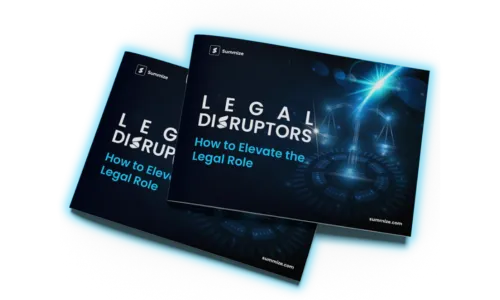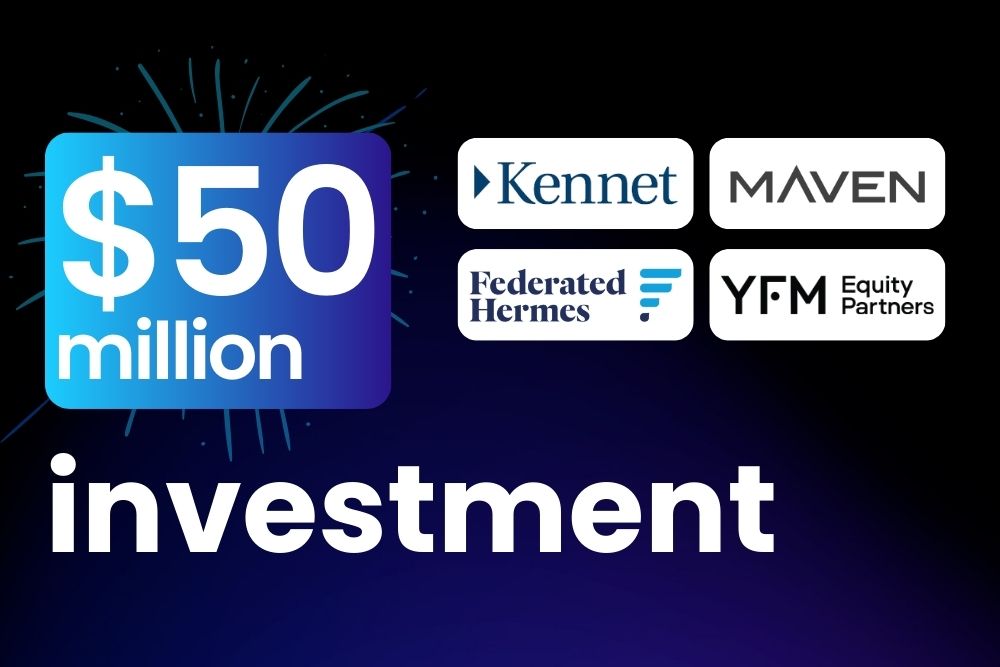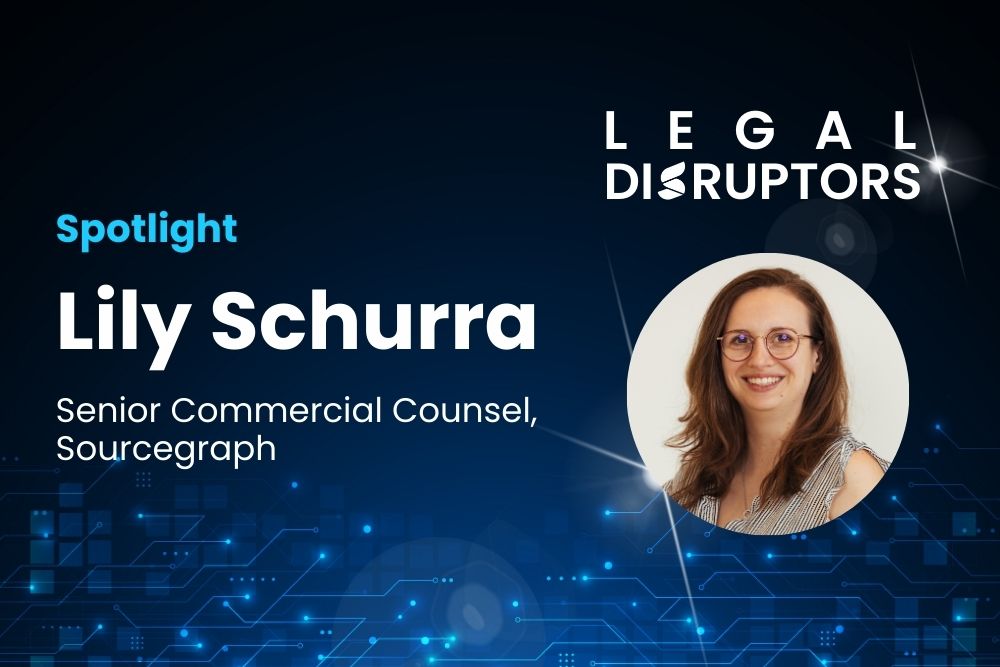Summize in conversation with Jonathan Keen
Jonathan Keen is the Director of Legal at Figma, a leading collaborative web application for interface design.
December 22, 2023
December 3, 2025
In today's Legal Disruptors podcast episode our CEO Tom Dunlop chats with Jonathan Keen, Director of Legal at Figma. Having started his career in a law firm before making the move in-house for several US-based tech companies, Jonathan was the first non-US legal professional in several organizations. From there, he has helped enable companies’ rapid growth into Europe and beyond, growing a team around him.
We will be discussing growing in-house legal teams within fast-growth tech companies, the challenges that come with it and how working with a Contract Lifecycle Management (CLM) solution has helped automate lower-value tasks to make room to focus on more strategic work.
Insights from Jonathan Keen
Jonathan’s journey into law started traditionally with law school, city training, and deep experience in M&A and restructuring during the post-2011 boom. But his career shifted gear when he moved in-house, taking on roles within several US-based tech companies. Often the first non-US legal hire, he found himself supporting ambitious expansions into Europe and beyond, building legal teams from scratch and helping companies scale at speed.
Today at Figma, Jonathan leads international legal coverage across EMEA and APAC, having grown the function from a one-person outpost in London to a multi-region, multi-lawyer team. And the pace hasn’t slowed down.
Building legal in hyper-growth mode
Jonathan describes life at Figma as “doing five years of growth in six months.” That means intense pressure, constant adaptation, and a ruthless approach to prioritisation. One standout? The company’s unique six-month “hazing period,” where new international leaders run their function entirely solo. For Jonathan, surviving that phase unlocked the budget and trust needed to expand.
He explains the challenges of educating a US-centric business on the realities of EMEA deal cycles, especially around GDPR, and how legal can influence forecasting and sales strategy when embedded early into the go-to-market process.
Legal as an enabler, not a bottleneck
A major theme of the conversation is changing how the business sees legal.
Jonathan has empowered Figma’s sales team with pre-approved negotiation levers, helping them become “mini lawyers” and speeding up deal cycles without compromising risk. He’s even created the now-famous Legal Beagle Awards, celebrating cross-functional collaboration and injecting some personality into legal work.
This people-first approach extends to his own team too. Jonathan stresses the value of in-person connection, strength-mapping frameworks, and management as a genuine craft, not just a job title.
Technology, data, and the modern legal function
The conversation also dives into why implementing CLM early is essential for scale. At Figma, a data-driven culture means legal must be able to demonstrate operational value: turnaround times, negotiation friction points, contract volumes, and more. CLM isn’t just workflow, it’s evidence.
Understanding the product and underlying technology is another must-have. As Jonathan puts it: “You can’t understand the risk if you don’t understand how the product works.”
Looking ahead
Jonathan sees the future of in-house legal teams becoming more technical, more integrated with business strategy, and more focused on human-centred leadership. And although he’s loved building out global teams, he hints at a future that may one day include GC roles, VC involvement, or even something entrepreneurial.
Watch the full episode episode to hear Jonathan’s advice firsthand and get the unfiltered story behind building legal functions in hyper-growth environments.
If you like to hear from more of our Legal Disruptors, check out the Legal Disruptors Hub below.
Discover even more!
Explore more about contracting and CLM in our ultimate contract guides






.jpg)

